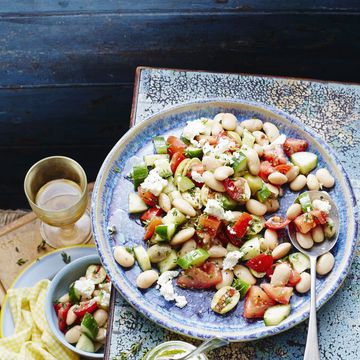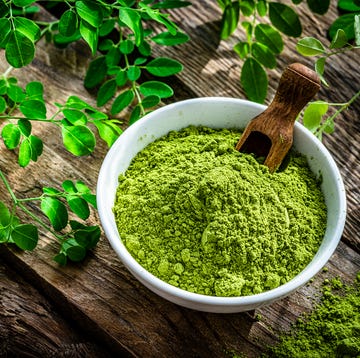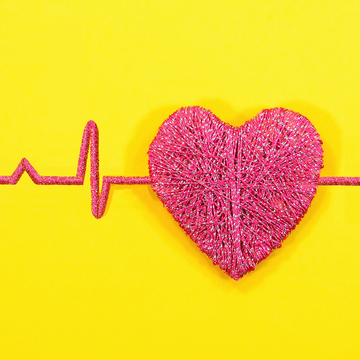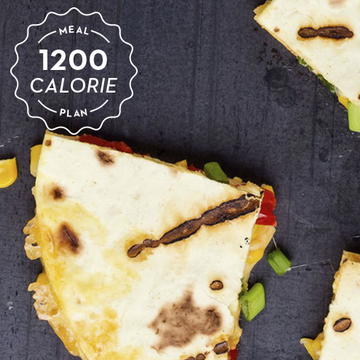10 Nutritious High-Carb Foods That Should Be Part of Your Diet
According to dietitians, these are great options for breakfast, lunch or dinner.

We've been independently researching and testing products for over 120 years. If you buy through our links, we may earn a commission. Learn more about our review process.
If you hear the word "carbs" and instantly think "Resist!" it's time to take another look at the most misunderstood of the three macronutrients. Blame that bad rep on the popularity of certain fad diets: "Thanks to diets like keto and Atkins, carbs have become completely misunderstood," says Marissa Meshulam, RD, of MPMNutrition. "People wind up avoiding carbs all together, which is not ideal for our guts, our brains, our energy or the sustainability of our diets." In fact, the current USDA/DHHS Dietary Guidelines for Americans recommends that we consume anywhere from 45% to 65% of our total energy for the day in the form of carbs.
“There's an automatic negative perception around carbs, just as there is an automatic positive association with protein,” says Rachael Hartley, R.D., registered dietitian and author of Gentle Nutrition. “Because of this perception, many people think that eating healthy means limiting carbohydrates, when in reality, carbs are the body's preferred source of fuel, and a valuable source of vitamins, minerals and fiber.” Meshulam adds that the brain requires carbohydrates for proper functioning.
Editor's note: Weight loss, health and body image are complex subjects — before deciding to go on a diet or change your eating habits, we invite you to gain a broader perspective by reading our exploration into the hazards of diet culture.
Scientifically-speaking, carbs are sugar molecules that get broken down into glucose or blood sugar to provide energy to cells, tissues and organs. Sources of carbs are grains, starchy vegetables, dairy and fruit. Generally, there are two types of carbs – complex carbs (found in foods like whole grains and starchy veggies) and simple (found in refined white grains and fruit). "Simple carbs quickly digest and leave us hungry after," says Meshulam. "These also can spike our insulin levels, which, over time, can create insulin resistance and fat storage." Complex carbs, however, such as beans, legumes, and whole grains, take longer to break down, leading to a steadier rise in insulin. They also fill us up longer, while avoiding the energy highs and lows, she adds.
But any kind of carb, including the less nutritious ones, offers energy and can fit into a balanced intake. “All foods serve a purpose, and even 'unhealthy' carbohydrate foods can provide benefits," says Harley.
For this list of high carb foods, we looked for nutrient-dense carbohydrates packed with vitamins, minerals and fiber — many of these contain naturally occurring sugar that will help keep your energy up.
Stefani (she/her) is a registered dietitian, a NASM-certified personal trainer and the director of the Good Housekeeping Institute Nutrition and Fitness Lab, where she oversees all nutrition and fitness-related content, testing and evaluation. She holds a master’s degree in clinical nutrition from New York University, as well as advanced certifications as a Women's Fitness Specialist and a Behavior Change Specialist. Stefani is dedicated to providing readers with evidence-based content to encourage informed food choices and healthy living. She is an avid CrossFitter and a passionate home cook who loves spending time with her big fit Greek family.

Readers Also Read

Recall Expands to Include More Skin Care Products

Inspirational Quotes to Start Your Day

Your Guide to the Mediterranean Diet

Should You Be Trying Moringa?


















